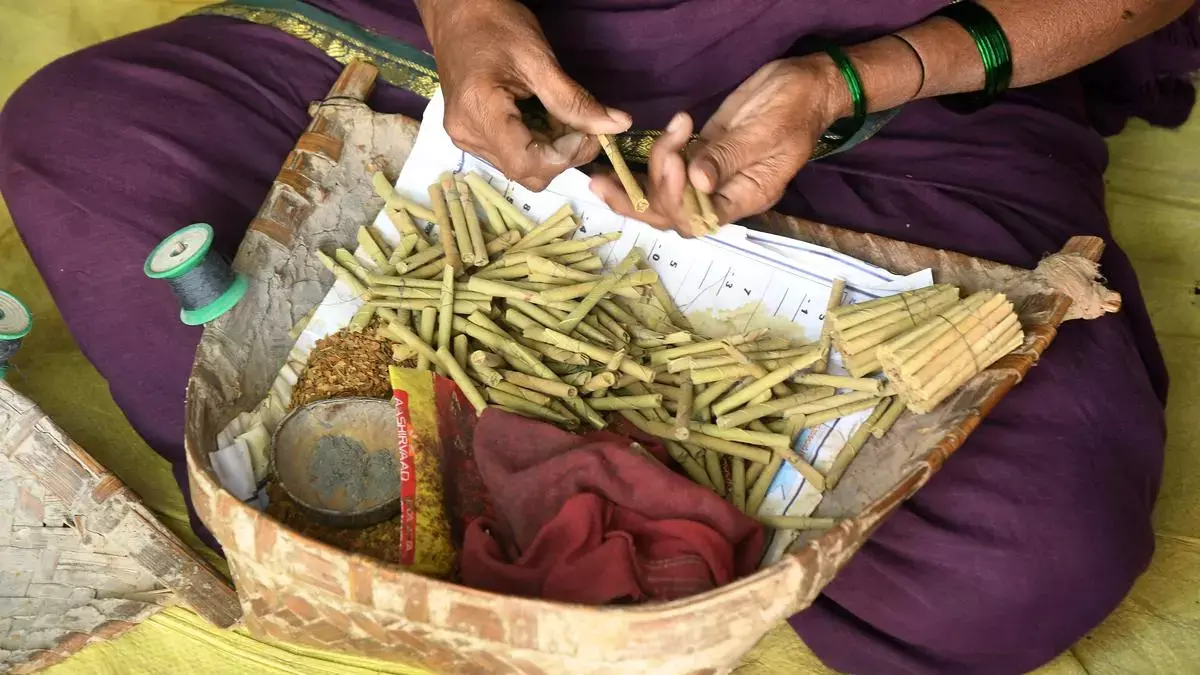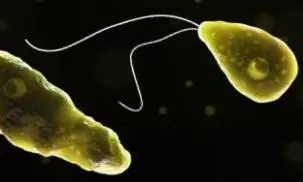
11-year-old diagnosed with amoebic meningitis in Kerala
text_fieldsMalappuram: An 11-year-old girl from Chelari in Malappuram district has been diagnosed with amoebic meningitis, a rare and often fatal brain infection commonly referred to as brain-eating amoeba, health officials said on Wednesday.
The girl, who tested positive in a PCR test earlier this week, is on a ventilator and receiving intensive care at Kozhikode Medical College Hospital. She was admitted last week with a fever.
With this, the number of patients undergoing treatment for the disease at the hospital has risen to three, including a three-month-old infant and a 40-year-old man admitted earlier this month. All three are reported to be in a critical condition.
The latest case comes days after a nine-year-old girl from Thamarassery in Kozhikode district died on August 14 due to the infection. She was admitted to a local hospital on August 13 with a high fever and shifted to Kozhikode Medical College the next day, where she died within hours. Tests later confirmed she had contracted primary amoebic meningoencephalitis.
Earlier, in February this year, a 39-year-old woman from Chengottukavu in Kozhikode also died after battling the same infection for more than a month.
Amoebic meningitis is caused when free-living amoebae enter the body through the nose, travel to the brain, and trigger severe infection. The disease progresses rapidly and has a fatality rate of over 97 per cent. Symptoms include high fever, intense headache, nausea, vomiting, confusion, seizures, and coma.
In view of the rising cases, Kerala’s health department has advised people to avoid swimming or bathing in stagnant or contaminated water, ensure proper chlorination of public water sources, and use nose clips where water exposure is unavoidable.


















